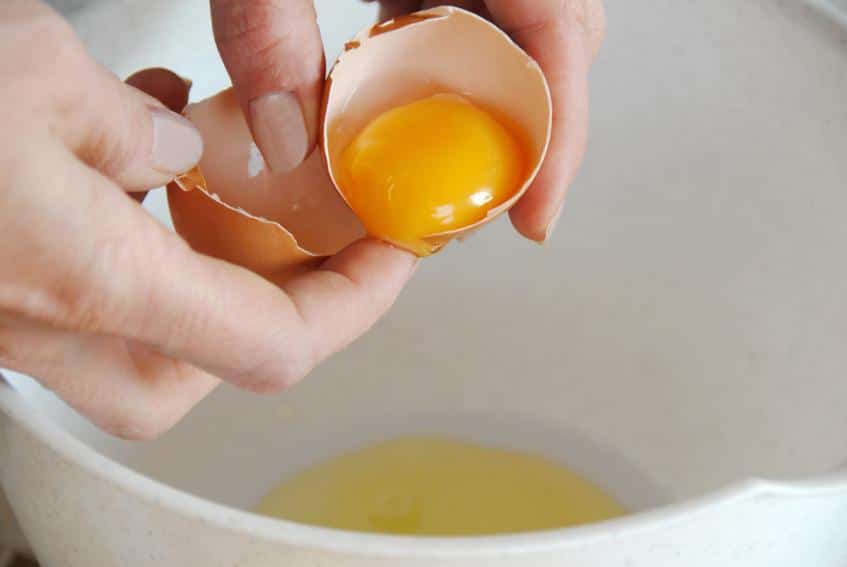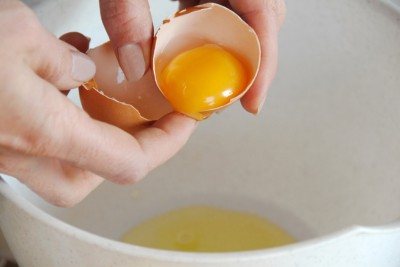The pro-vegetarian scene is heating up with the arrival of the egg substitute Beyond Eggs. It is made from a host of plants including sorghum, peas and beans, and is designed to taste and feel exactly like real eggs.
Well, that’s the intention of Josh Tetrick, founder of the company Hampton Creek, which did extensive research on more than 200 plants to bring out this product. They have the backing of Microsoft founder Bill Gates, who reportedly could not detect any difference between mayonnaise made with the new product and the real thing.
Egg replacement products are not all that new, but many of them just replace the egg yolks with egg whites to curry favor with the health conscious who shun dietary cholesterol found in most animal products. Some brands like Bob’s Red Mill and Ener-G claim that their products are completely plant-based and address the needs of strict vegans and those allergic to eggs.
So, what is so special about Beyond Eggs? Besides winning the approval of Bill Gates, and successfully getting him and Peter Thiel of PayPal to invest in the company, that is.
Josh Tetric hopes to bring out a single product that has all the qualities of a real egg. He and the famous investors of his company say that this product can save the world by being an ecologically sound alternative to the chicken egg. He also plans to add extra vitamins and minerals to make it more nutritious and attractive to people in less-affluent countries.
So far, he has been successful in replacing eggs in mayonnaise and in baking with two different products. They’re still tweaking the mix to produce a product that would make perfect scrambled eggs, too.
Long term solution for enjoying eggs…
Who would be interested in Beyond Eggs?
- Strict vegans — those who scan each and every product for the green mark to make sure of their vegetarian origins, either out of personal choice or due to religious restrictions.
- Those with medical problems — people allergic to egg and those with food restrictions.
- Environmentally conscious — people who turn to vegetarianism in spite of their liking for animal products because of their conviction that products of animal origin are non-sustainable
Who would be up in arms against the alternative egg?
- Poultry farmers and those in related businesses naturally feel threatened when alternatives enter the market as they may undermine their profit margins. They also believe eggs are part of a well-balanced diet and have unique qualities that can’t be copied.
- Those who believe in natural foods have legitimate concerns regarding the safety of artificially prepared food items — including genetically modified foods.
- Many people are suspicious of the interests of large corporations in furthering their own interests even at the cost of consumer health.
- Die-hard non-vegetarians and those who view vegetarian alternatives, or for that matter any innovations that messes with nature, with mistrust, and as a threat.
What is so great about chicken eggs?
- Well, first and foremost, they are natural.
- Eggs are wholesome. Eggs meet most of our dietary needs of proteins, fats, vitamins and minerals. In fact, eggs are often considered a superfood because of their nutritional density.
- Eggs are versatile and convenient. Coming in a compact individual pack of 50-60 grams, eggs make cakes light and cookies crispy. They give us silky soft mayonnaise and fluffy omelets.
- They taste good. Eggs simply taste great.
Is Beyond Eggs a good idea?
Advocates of Beyond Eggs claim that they have several things in their favor including:
- Safety. No more Salmonella scare with mayonnaise.
- Health. No cholesterol (although this is widely misunderstood), no allergy-inducing egg albumin.
- Cost. Beyond Eggs are about 19 percent cheaper than most commercial eggs found in the supermarket.
What’s the Problem?
The trouble comes when innovations like this are touted as nutritionally superior to natural foods, and forced down our throats with impunity. GM foods are a typical example.
Moreover, the involvement of Bill Gates, well known for monopolistic practices, and Josh Tetrick’s stated intention of marketing it to third world countries as a better alternative to chicken eggs, may well be alarm bells to be heeded.
Only time will tell if this new plant-based egg earns popular favor or puts the chicken as we know it out of business.












